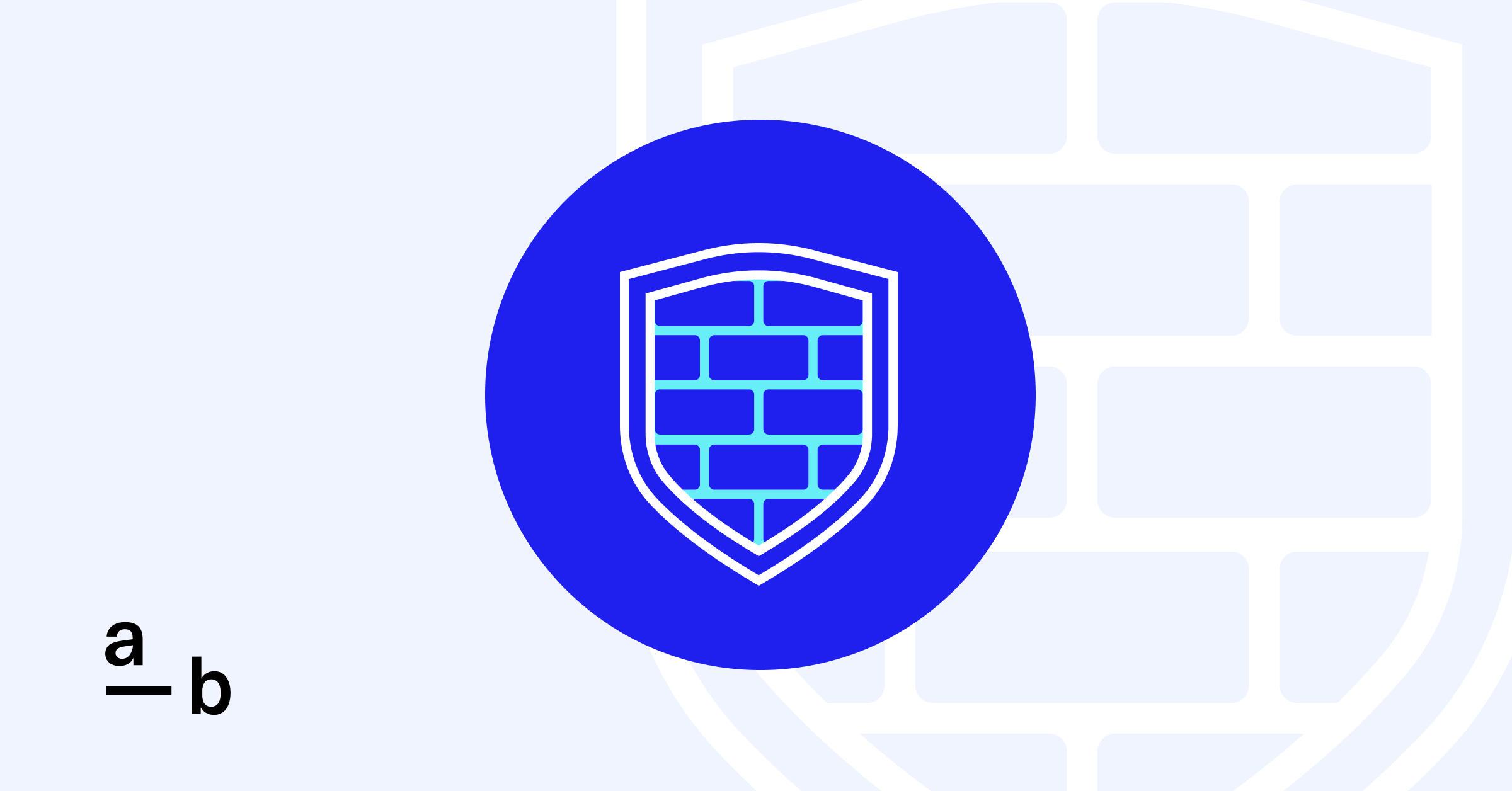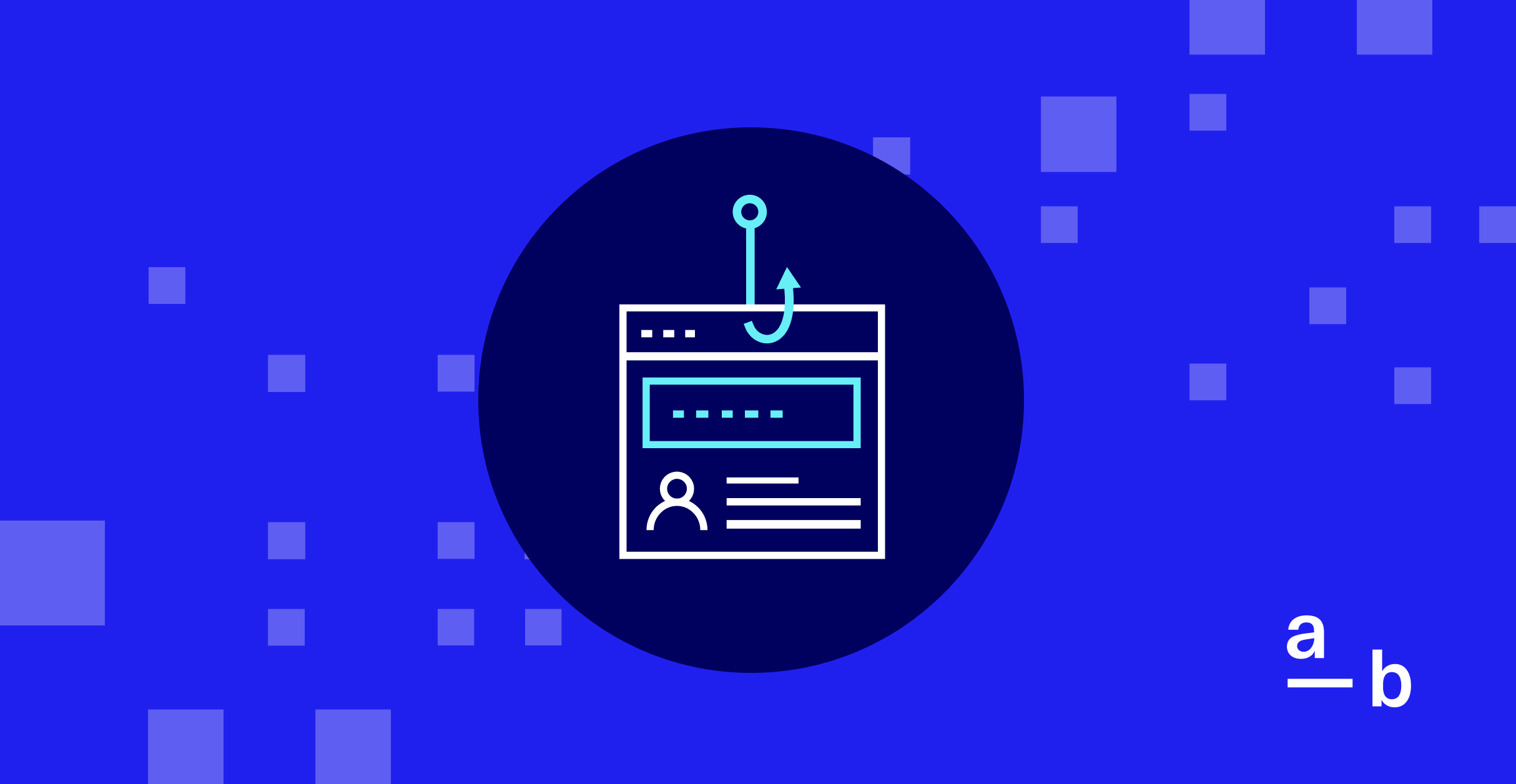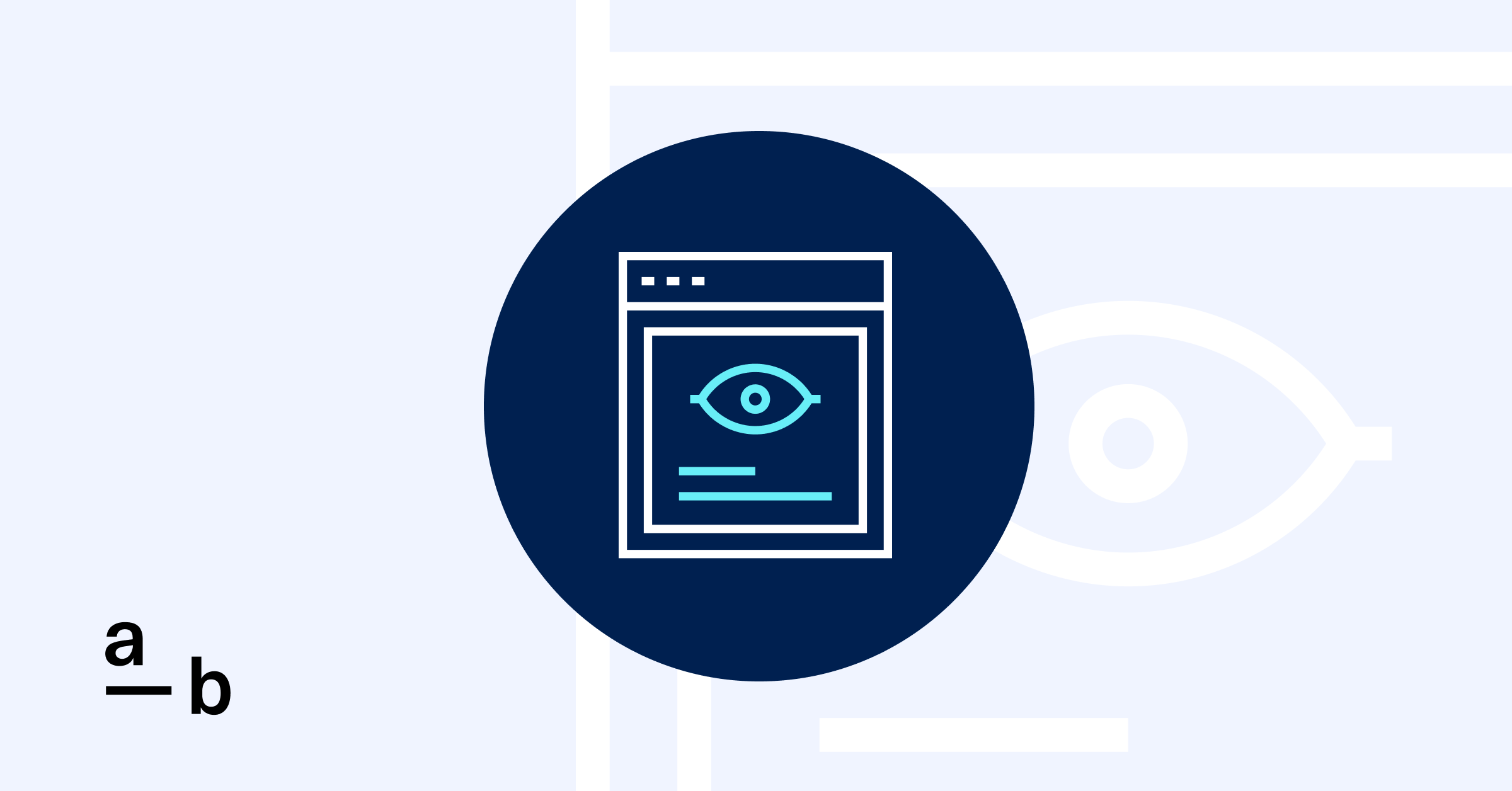Article
Introduction to Cyber Insurance
What is cyber liability insurance?
Cyber insurance, also known as cyber liability insurance, plays a crucial role in safeguarding businesses against the ever-present and ever-evolving threat of cyberattacks.
In our digital age, where data breaches, ransomware attacks, and phishing scams are increasingly common, having a robust and proactive cybersecurity strategy is crucial — but it’s no longer enough. That’s where cyber insurance comes in: providing a safety net for businesses to mitigate the serious financial and reputational risks associated with cyber incidents.
What is Cyber Insurance?
Cyber insurance is a specialized insurance product designed to provide financial protection to businesses in the event of cyberattacks, data breaches, or other cyber-related incidents.
This type of insurance offers coverage against a wide range of cyber-related risks, though the specifics vary by policy. Businesses of all sizes — from small brick-and-mortar operations to large corporations — that rely on digital systems, store sensitive information, or even simply have an online presence can benefit from the protection provided by a cyber insurance policy.
At its core, cyber insurance helps businesses react in a timely manner and then recover from a covered incident. Policies typically provide financial support for investigations, data recovery, legal defense, and even public relations efforts to restore a tarnished reputation.
Cyber Insurance vs. Cyber Liability Insurance: What’s the Difference?
You might come across the terms “cyber insurance” and “cyber liability insurance” in your research. These two terms can be used interchangeably. Whether you’re looking for cyber insurance or cyber liability insurance, you’re seeking the same kind of protection for your business.
Cyber Insurance Statistics
Cyber insurance provides a crucial safety net for modern businesses by offering financial protection against the increasingly complex and costly consequences of cyberattacks.
Here are some eye-opening statistics that reinforce the importance of cyber insurance:
- According to 2022 research from Randori, 69% of organizations had been compromised via an unknown, unmanaged, or poorly managed internet-facing asset in the year prior. (Source)
- In 2023, IBM reported that the average total cost of a data breach worldwide reached an astounding $4.45 million, a new all-time high. (IBM Cost of a Data Breach Report 2023)
- 54% of organizations have experienced a cyberattack via third parties in the last 12 months according to 2022 data from Ponemon Institute and RiskRecon. (Source)
- In The State of Ransomware 2023 from Sophos, 66% of respondents reported that their organization was hit by ransomware in the previous year. (Source)
In an era where cyber risk is both pervasive and financially devastating, cyber insurance is a vital tool to mitigate financial and operational vulnerabilities, ensuring business continuity and peace of mind.
Cyber Risk and the Importance of Coverage
Cyber risk varies from business to business.
Businesses that handle sensitive customer data, engage in online transactions, use cloud-based services, rely on digital infrastructure, or have an online presence are at heightened risk for cyberthreats. Factors such as the volume of data stored, industry regulations (e.g., GDPR, HIPAA), and the potential financial impact of a breach also determine an organization’s overall risk profile.
Additionally, businesses that depend on interconnected supply chains, employ remote workers, or lack robust cybersecurity measures may be at higher risk of loss or business interruption due to a cyberattack.
Having cyber insurance provides financial protection and support in the event of a covered incident, helping businesses react, recover, and mitigate potential losses.
Types of Cyber Threats
The diverse range of threats that businesses face in the digital world makes cyber insurance an essential component of a comprehensive security strategy.
Some of the most common types of cyberthreats include:
- Malware Attacks: Malicious software, or “malware,” is designed to disrupt, damage, or gain unauthorized access to computer systems. Malware can be used to steal data, damage files, hold systems hostage for ransom, or compromise system integrity.
- Phishing Attacks: Phishing involves fraudulent emails, messages, or websites that impersonate trusted entities to trick victims into revealing sensitive information. This type of attack can lead to identity theft, financial fraud, or unauthorized account access.
- Ransomware Attacks: Ransomware encrypts a victim’s files or entire systems and demands a ransom for decryption, which can lead to data loss, business disruptions, and financial losses.
- Password Attacks: Password attacks involve attempting to guess, steal, or crack passwords to gain unauthorized access to accounts. They can lead to unauthorized access, data breaches, and account takeover.
- Internet of Things (IoT) Attacks: Attackers compromise IoT devices, such as smart cameras and appliances, to gain control or exploit vulnerabilities. This can disrupt connected services, compromise privacy, and enable attacks on other systems.
- Social Engineering Attacks: Social engineering manipulates human psychology to deceive individuals into divulging confidential information or performing actions. These attacks can lead to data breaches, fraud, and unauthorized access.
Potential Consequences
The consequences of a cyberattack can be severe and far-reaching:
- Financial Loss: The cost of investigating, mitigating, and recovering from an attack can be substantial.
- Reputational Damage: A data breach or cyberattack can erode trust in your brand, leading to customer attrition.
- Legal Liabilities: Businesses may face legal action and fines for failing to protect customer data.
- Business Interruption: A significant incident can disrupt operations, affecting revenue and productivity.
Benefits of Cyber Insurance
There are many benefits of having cyber insurance as part of your risk management strategy, including the following:
Financial Protection. Cyber insurance provides financial support when you need it most. Most policies cover the costs of investigating a breach, restoring data, and compensating affected parties. This financial cushion ensures that your business can recover swiftly without bearing the full financial burden of an attack.
Risk Mitigation and Incident Response. The best cyber insurance policies will include access to security experts who can help assess your vulnerabilities and implement risk mitigation strategies to reduce the likelihood of an attack. In the event of a covered incident, your insurer will also assist in coordinating an effective response, minimizing damage and downtime.
Coverage for Legal and Regulatory Costs. Cyberattacks often come with legal and regulatory consequences. Cyber insurance can help cover the legal fees and potential fines associated with cyberattacks, ensuring compliance with relevant laws and regulations.
Rebuilding Reputation. Reputation is invaluable. Cyber insurance often includes coverage for public relations efforts to restore your business’s reputation following an incident.
Business Continuity. Cyber insurance helps maintain business continuity by providing the resources needed to get your operations back on track after an attack, reducing the financial impact of downtime.
Cyber Insurance Coverage Examples
To better understand the scope of cyber insurance coverage, let’s explore some common coverage types:
Ransomware
Ransomware insurance is a specific type of cyber insurance that helps policyholders recover from ransomware attacks and minimize damage. This coverage compensates victims of ransomware attacks for financial loss caused by business interruption, data destruction, and ransom payments.
Learn more about Ransomware Coverage.
Invoice Manipulation
If cybercriminals manipulate your invoices, leading to financial losses, cyber insurance can help cover these losses and investigate the incident. Invoice manipulation coverage added to your cyber insurance policy offers a way to recoup the losses if payments don’t arrive due to fraud.
Learn more about Invoice Manipulation Coverage.
Contingent Business Interruption
When a cyberattack affects your suppliers or partners, it can disrupt your business. Contingent business interruption (CBI) insurance is a type of coverage that compensates a policyholder for financial losses resulting from disruptions in the operations of its suppliers, customers, or other key third-party entities. It covers lost income and additional expenses that result from business interruptions and suspensions.
Learn more about Contingent Business Interruption Coverage.
Social Engineering
This coverage assists businesses and individuals in mitigating the financial and reputational consequences of falling victim to social engineering attacks like phishing. It typically includes protection for losses resulting from fraudulent transactions, funds transfer fraud, and other financial liabilities incurred due to social engineering.
Learn more about Social Engineering Coverage.
Bricking
In the event of a cyberattack that “bricks” your systems, rendering them unusable, cyber insurance with bricking coverage can help cover the costs of recovery and restoration. Potentially more importantly, it can make the funds available to replace the hardware as quickly as possible to minimize the downtime and business disruption caused by bricked hardware.
Learn more about Bricking Coverage.
Also asked: What does cyber insurance not cover?
Get Coverage with At-Bay
Cyber insurance is a strategic investment in the longevity and resilience of your business.
When it comes to safeguarding your business from cyberthreats, At-Bay is your trusted partner. We specialize in providing tailored Cyber insurance solutions that align with your organization’s unique needs and risks.
Learn more about Cyber insurance from At-Bay →
If you’re a broker looking to offer At-Bay Cyber insurance to your clients, log in to the Broker Platform to get a quote in under two minutes.
About At-Bay
At-Bay is the InsurSec provider for the digital age. By combining world-class technology with industry-leading insurance and security expertise, At-Bay was designed from the ground up to empower businesses of every size to meet cyber risk head on. Our InsurSec approach provides end-to-end protection for modern businesses. It’s a force multiplier that includes security, threat intelligence, and human experts to close the SMB cybersecurity gap — all as part of their insurance policy.






